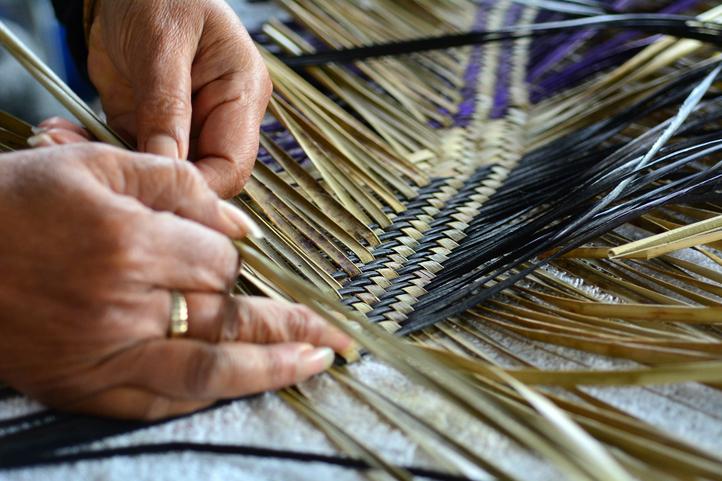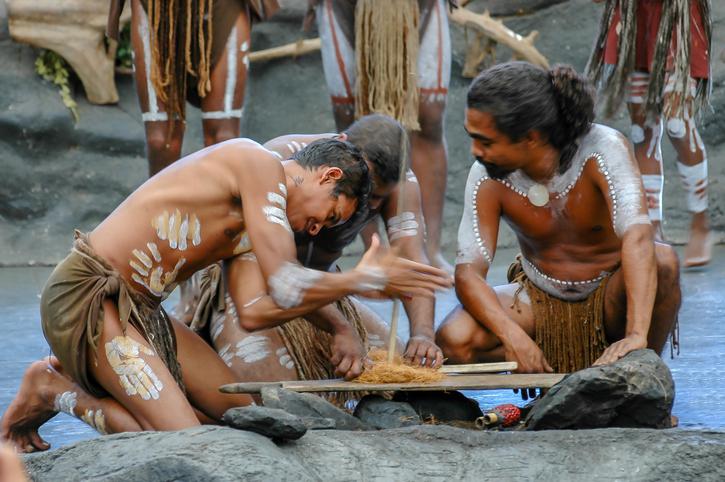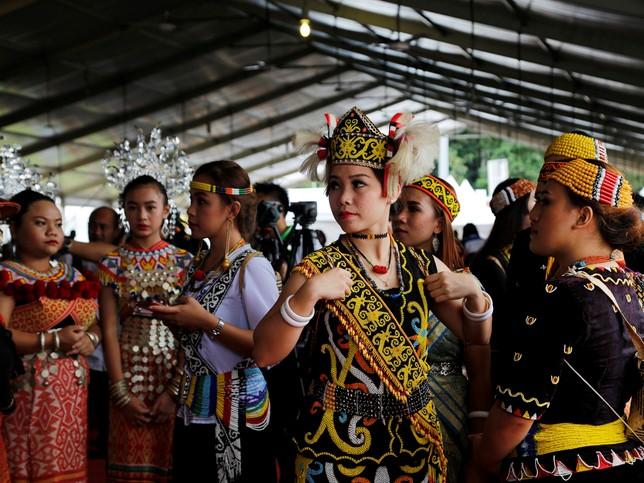Research is an essential pillar of societal advancement and knowledge dissemination, yet it has historically sidelined the voices and perspectives of Indigenous communities. Contemporary discourse, however, increasingly recognises the imperative of integrating these communities into research activities. This article delves into the salience of such involvement, delineates the Indigenous communities at stake, and elucidates strategies for meaningful engagement.
Why it matters: affirming Indigenous epistemologies and perspectives
At the heart of the matter lies a profound reverence for Indigenous knowledge systems and epistemologies. Indigenous communities possess a rich reservoir of cultural, traditional and ecological knowledge, honed over generations. Inclusion in research not only validates this wealth of wisdom but also underscores its parity and significance vis-à-vis Western scientific paradigms. Incorporating Indigenous communities into research also emphasises its equality and importance. This recognition extends beyond mere acknowledgment, highlighting the depth and relevance of Indigenous knowledge alongside mainstream scientific approaches.
- Indigenising teaching and learning through the Big Five ideas of traditional knowledge
- How to harness community knowledge to tackle complex policy challenges
- Use students to facilitate impactful collaborations that benefit the community
Research conducted within Indigenous communities often has direct implications for their well-being, spanning domains such as healthcare, environmental sustainability and cultural preservation. By integrating these communities into the research milieu, we ensure that endeavours are not only culturally attuned but also practically relevant and advantageous to those directly implicated. An example of such a research project would be one based around an Indigenous community’s water quality.
In New Zealand and elsewhere, historical injustices, including colonisation and forced assimilation, have engendered a palpable distrust of research institutions within Indigenous populations. Actively engaging and involving these communities in research serves as a pathway to trust, respect and reciprocity. This, in turn, contributes to the amelioration of historical grievances and the cultivation of more equitable research partnerships.
Demarcation: a mosaic of cultural and traditional diversity
Indigenous communities constitute a mosaic of cultures, languages and traditions, from the Arctic to the Amazon and from the Pacific Islands to the plains of Africa. Each community boasts its own historical trajectory, knowledge systems and ontological underpinnings deeply entrenched in their ancestral landscapes.
For instance, in North America, Indigenous communities encompass First Nations, Métis and Inuit peoples in Canada, alongside Native American tribes in the United States. Similarly, in Australia, Aboriginal and Torres Strait Islander peoples have upheld custodianship of the land for millennia. Analogously, the Māori in New Zealand, the Ainu in Japan and numerous other Indigenous collectives worldwide contribute to the rich tapestry of human cultural heritage.
Acknowledging and respecting this diversity is paramount in research initiatives to avoid the homogenisation of Indigenous identities and to honour the distinct cultural protocols and governance structures of each community.
Operationalisation: tenets of meaningful engagement
Meaningful engagement with Indigenous communities necessitates a shift away from conventional research methodologies and towards more collaborative and participatory approaches. Here are key tenets for efficacious engagement with Indigenous communities in research:
1. Respect for Indigenous knowledges: Acknowledge and venerate Indigenous knowledge systems as equally legitimate and complementary to Western scientific frameworks. Actively seek Indigenous perspectives, attentively listen and draw from the reservoirs of wisdom embodied by community elders and knowledge custodians.
2. Cultural sensitivity: Adhere to cultural protocols, traditions and customs when interacting with Indigenous communities. This encompasses securing prior informed consent, adhering to community-specific research protocols and ensuring that research aligns with cultural mores and priorities.
3. Community ownership and governance: Empower Indigenous communities to spearhead and oversee the research trajectory, from conceptualisation to dissemination. Put simply, this means forging research partnerships grounded in principles of co-ownership, reciprocity and mutual benefit.
4. Capacity development: Invest in bolstering research capacities within Indigenous communities; this can encompass training initiatives, mentorship programmes and resource allocation for community-driven research. This engenders self-determination and sustainability in research enterprises.
5. Ethical imperatives: Adhere rigorously to ethical standards and principles of research integrity such as confidentiality, privacy safeguards and the upholding of human dignity. Additionally, ensure that research outcomes not only address community-identified challenges and foster tangible benefits but also respect data sovereignty. Data sovereignty refers to the right of Indigenous communities to own, control and manage their data in accordance with their cultural protocols and governance structures. Understanding and enforcing data sovereignty is essential for upholding Indigenous rights and preserving the integrity of research conducted within Indigenous communities.
6. Longitudinal commitments: Cultivate enduring relationships grounded in trust, reciprocity and mutual esteem. Recognise that meaningful engagement with Indigenous communities necessitates ongoing commitment and investment from all stakeholders. Providing pathways to information or education is a great starting point for nurturing these relationships.
The integration of Indigenous communities into research initiatives is not only a moral imperative but also an acknowledgement of the invaluable contributions that Indigenous epistemologies and perspectives confer upon the spectrum of human understanding. By embracing principles of collaboration, reverence and mutual accord, all research communities can forge more equitable and inclusive research alliances that accrue benefits both to Indigenous communities and to humanity at large.
Sarah Wiki-Bennett (Te Aupōuri) is a member of the research and innovation team at the University of Canterbury (UC). In her capacity as Kaiārahi Rangahau Māori, she works closely with UC academics to support their collaboration with Māori communities in research.
If you would like advice and insight from academics and university staff delivered direct to your inbox each week, sign up for the Campus newsletter.




comment